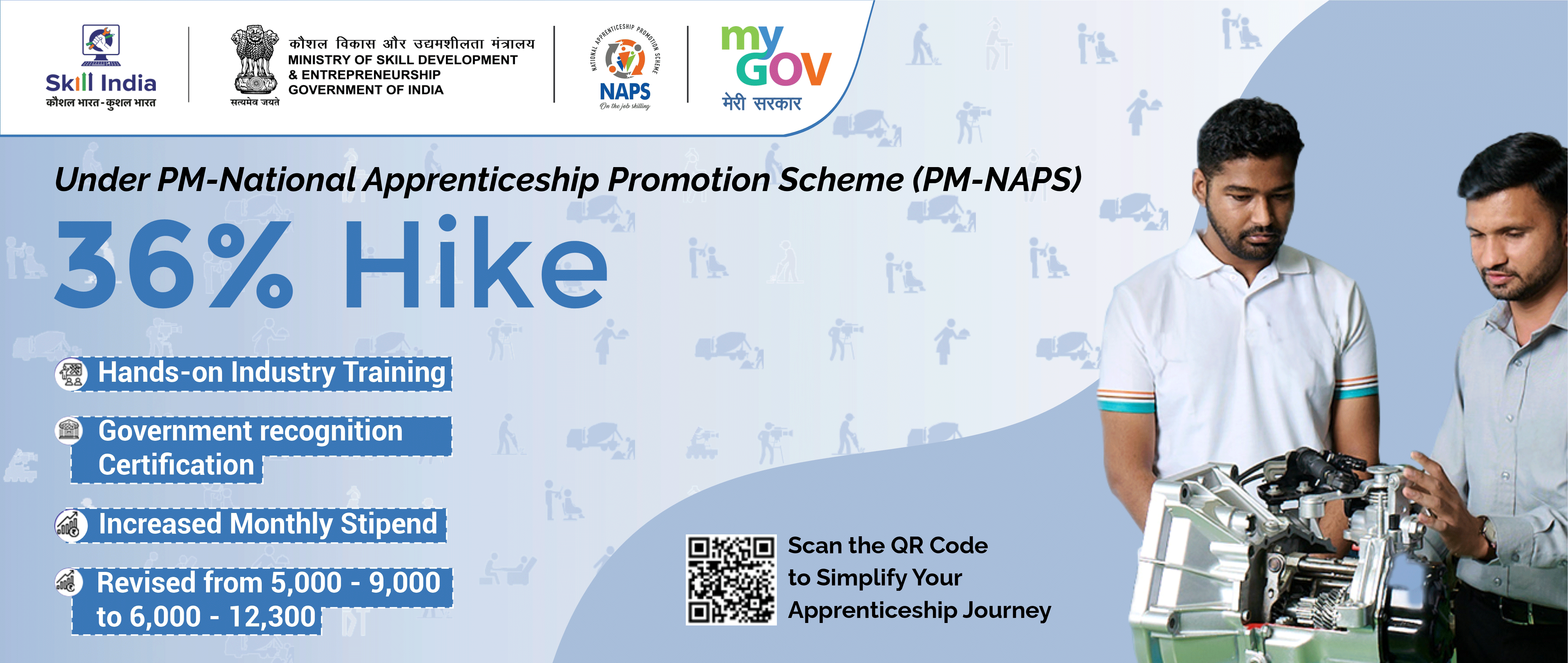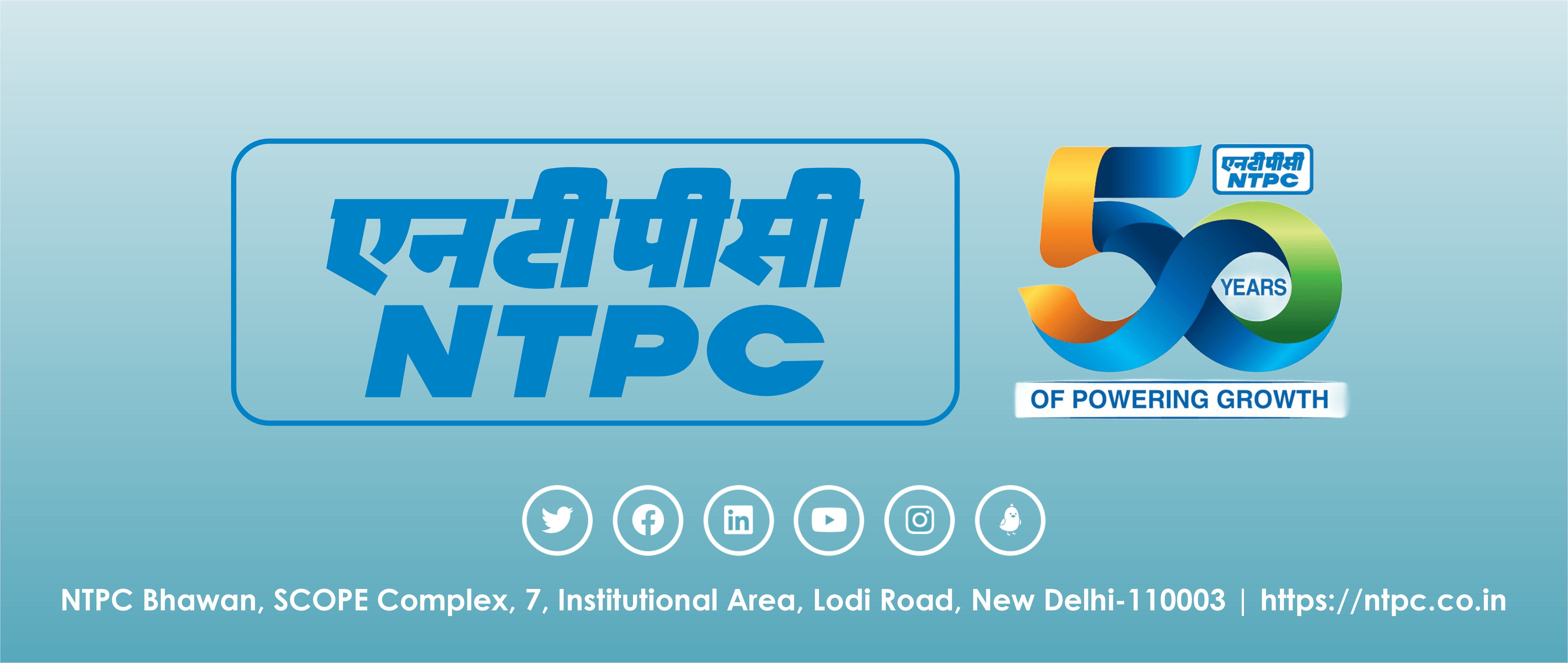TO RECIEVE EXCLUSIVE POSTS AND NEWS
Must Read
Central deputation: MoP adopts a carrot and sticks policy
By IndianMandarins- 11 Jul 2019
1657The Ministry of Personnel has opted for a carrot and stick
policy to persuade states to fulfill their quota of central deputation of IAS
and IPS officers. While advising the states to fulfill their quota, it has
warned that any laxity in this regard may be considered at the time of cadre
review. Nevertheless, Indianmandarins has learned that it's going to
be difficult for DoPT to enforce the directive. Indeed, what began as a trickle
during NaMo 1 administration has become a spate as many officers from states
are unwilling to work at the center. Officers want the central government to
remove 'silly procedures' under which senior officers have to work in the
central government and make central deputation an attractive proposition. "Jab hum baat karte hain mashook se, to kaam lete hain
bandook se." In line with this policy, as reported by this website
earlier, the government may make it mandatory for IAS and IPS officers to work
at central deputation for at least three years. However, officers believe that
the central government may not be able to make much headway even on this issue
if the states don't cooperate fully. Indeed, in December 2018, the ministry had asked all states
to send officers for appointment on deputation to the posts under central
staffing scheme and for the posts of chief vigilance officers (CVOs) in CPSEs.
But the states have so far disappointed the central government on this issue. So the DoPT has noted in the latest communique that despite a
lapse of six months, the applications for 2019 filed are negligible. Since every cadre has a reserve to work on deputation
including under the central staffing scheme, "which adds to their
experience", the communique observed that "underutilization of this
reserve, particularly at deputy secretary/director level, causes serious gaps
in cadre management."
It warned that while considering cadre review proposals in
the future, the Ministry may keep the state's compliance with its directive in
mind. It further warned that the states not forwarding sufficient
nominations for central staffing scheme at various levels may have to settle
for less number of senior posts in the future by way of a proportionate
reduction. So the states were advised to recommend a sufficient number
of officers for the appointment at DS/director/joint secretary level under the
central staffing scheme so that the central deputation reserve/deputation
reserves are duly utilized for this purpose. The states were also advised to refrain from nominating
officers who are on the verge of promotion to senior grades are "not
nominated" as it may necessitate their early repatriation to avail of
promotion in the cadre. The communique advised that only those officers are nominated
for deputation who are likely to remain available under the central staffing
scheme for full tenure. According to the official data, West Bengal tops the list in
failing to nominate officers on central deputation. Only 19 IAS officers of
West Bengal cadre are working at the Centre against their central deputation
reserve of 81. For other states, the figures are as follows: UP: 44 IAS
officers against their quota of 134; Karnataka: 20 IAS officers 68;
Chhattisgarh: seven IAS officers against 38, Madhya Pradesh 27 against 90,
Bihar 36 against 74, and Odisha nominated 20 against 51. Further, Haryana has sent 12 against 44, Gujarat has
nominated 17 against 64, Andhra Pradesh has sent 18 against 46 and Jammu and
Kashmir has sent 14 IAS officers against 30, among others. To overcome an acute shortage of senior officers, it is
pointed out that the central government has been constrained to appoint 40
private sector specialists at the posts of deputy secretary and director,
considered as crucial decision-making levels in the official hierarchy. (M K Shukla & Rakesh Ranjan)

Readers' Choice
R K Sharma is the new Rajasthan DGP 30 Jun 2025
Centre swings surprise, Gujarat DGP gets extension in service 30 Jun 2025
Tenure of Chhattisgarh Chief Secretary extended 30 Jun 2025
Rajesh Kumar appointed as Chief Secretary of Maharashtra 30 Jun 2025
Saswata Mishra appointed Principal Secretary to Odisha CM 30 Jun 2025
Central deputation: MoP adopts a carrot and sticks policy
By IndianMandarins - 2019-07-11 09:53:33

The Ministry of Personnel has opted for a carrot and stick
policy to persuade states to fulfill their quota of central deputation of IAS
and IPS officers. While advising the states to fulfill their quota, it has
warned that any laxity in this regard may be considered at the time of cadre
review.
Nevertheless, Indianmandarins has learned that it's going to be difficult for DoPT to enforce the directive. Indeed, what began as a trickle during NaMo 1 administration has become a spate as many officers from states are unwilling to work at the center. Officers want the central government to remove 'silly procedures' under which senior officers have to work in the central government and make central deputation an attractive proposition.
"Jab hum baat karte hain mashook se, to kaam lete hain bandook se."
In line with this policy, as reported by this website earlier, the government may make it mandatory for IAS and IPS officers to work at central deputation for at least three years. However, officers believe that the central government may not be able to make much headway even on this issue if the states don't cooperate fully.
Indeed, in December 2018, the ministry had asked all states to send officers for appointment on deputation to the posts under central staffing scheme and for the posts of chief vigilance officers (CVOs) in CPSEs. But the states have so far disappointed the central government on this issue.
So the DoPT has noted in the latest communique that despite a lapse of six months, the applications for 2019 filed are negligible.
Since every cadre has a reserve to work on deputation including under the central staffing scheme, "which adds to their experience", the communique observed that "underutilization of this reserve, particularly at deputy secretary/director level, causes serious gaps in cadre management."
It warned that while considering cadre review proposals in the future, the Ministry may keep the state's compliance with its directive in mind.
It further warned that the states not forwarding sufficient nominations for central staffing scheme at various levels may have to settle for less number of senior posts in the future by way of a proportionate reduction.
So the states were advised to recommend a sufficient number of officers for the appointment at DS/director/joint secretary level under the central staffing scheme so that the central deputation reserve/deputation reserves are duly utilized for this purpose.
The states were also advised to refrain from nominating officers who are on the verge of promotion to senior grades are "not nominated" as it may necessitate their early repatriation to avail of promotion in the cadre.
The communique advised that only those officers are nominated for deputation who are likely to remain available under the central staffing scheme for full tenure.
According to the official data, West Bengal tops the list in failing to nominate officers on central deputation. Only 19 IAS officers of West Bengal cadre are working at the Centre against their central deputation reserve of 81.
For other states, the figures are as follows: UP: 44 IAS officers against their quota of 134; Karnataka: 20 IAS officers 68; Chhattisgarh: seven IAS officers against 38, Madhya Pradesh 27 against 90, Bihar 36 against 74, and Odisha nominated 20 against 51.
Further, Haryana has sent 12 against 44, Gujarat has nominated 17 against 64, Andhra Pradesh has sent 18 against 46 and Jammu and Kashmir has sent 14 IAS officers against 30, among others.
To overcome an acute shortage of senior officers, it is pointed out that the central government has been constrained to appoint 40 private sector specialists at the posts of deputy secretary and director, considered as crucial decision-making levels in the official hierarchy.
(M K Shukla & Rakesh Ranjan)























